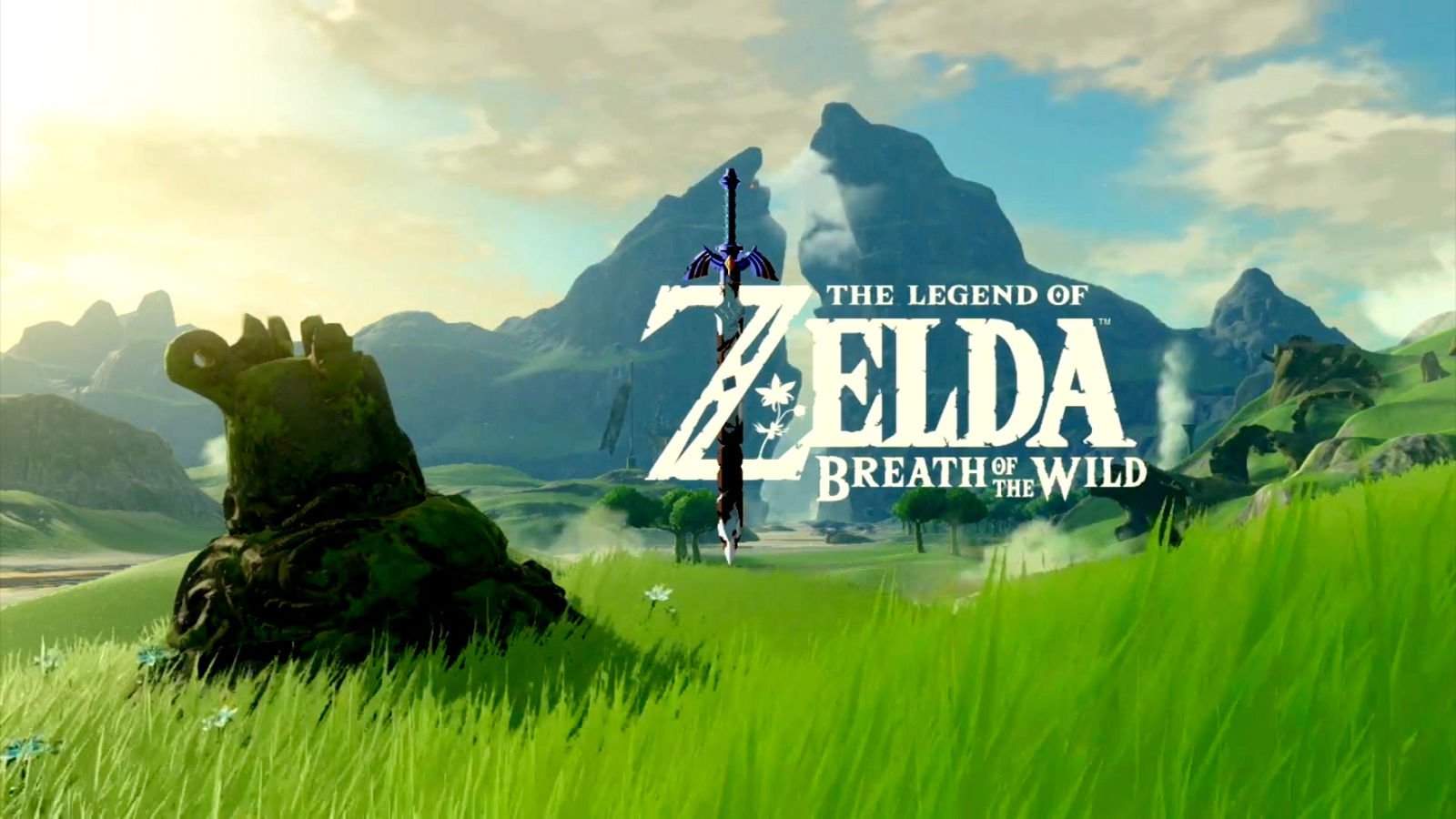In recent years, the art-scape of two dimensional (2D) isometric titles have often been relegated to mobile gaming. In the past, they were once the pinnacle of game design before three-dimensional (3D) games took precedence. Even so, the market for games using this unique style is ever present, with titles like Diablo and Hades continuing to allow the genre to thrive. With this in mind, The Brotherhood Games from South Africa have crafted a highly stylised, incredibly unique and down right exceptional title with Beautiful Desolation.
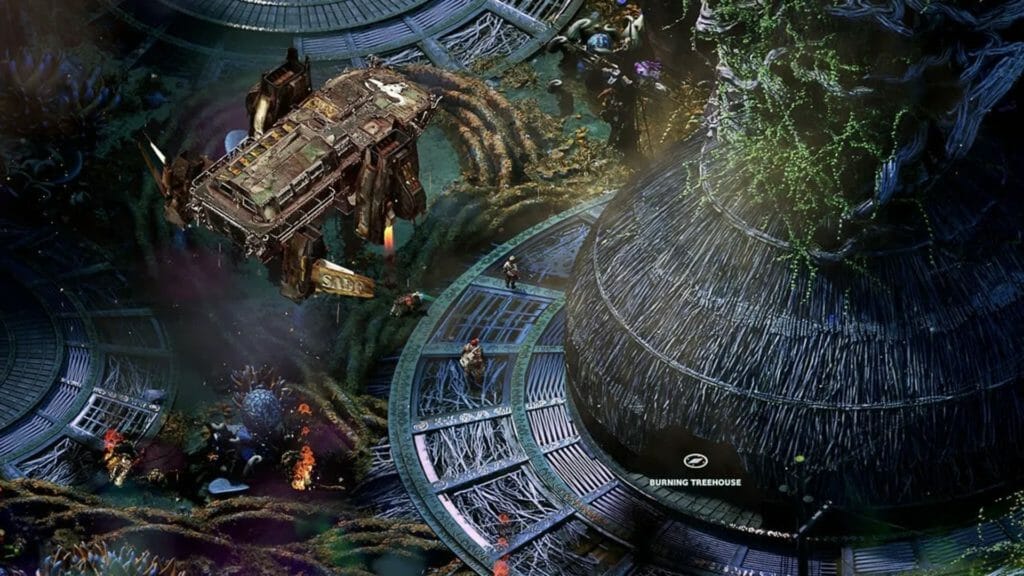
Beautiful Desolation takes place in an alternate South Africa, set ten years after the arrival of Penrose, a benevolent alien object. Penrose accelerated human technology by hundreds of years, fast-forwarding the human race into what should have been the space race, but ended up being nothing more than an afro future on its last legs.
The story begins somewhere below the Penrose, where it made its home in South Africa. Players take on the role of Mark Leslie, a reporter who has grown weary of the alien construct and its strange silence. Mark asks his brother Don to help fly him up to the Penrose so he can see if there is more than meets the eye. As with all good plots, things go awry, and both Mark and Don, as well as a security robot (lovingly nicknamed Pooch), are catapulted elsewhere (read: the distant future). They find themselves in a world unlike anything they have ever seen, with humanity all but extinct(?) and cyborg clans roaming the beautiful wastes; which have been reclaimed by mother nature and shaped by retro-future designs. It is, quite literally, a Beautiful Desolation. Roll the credits.
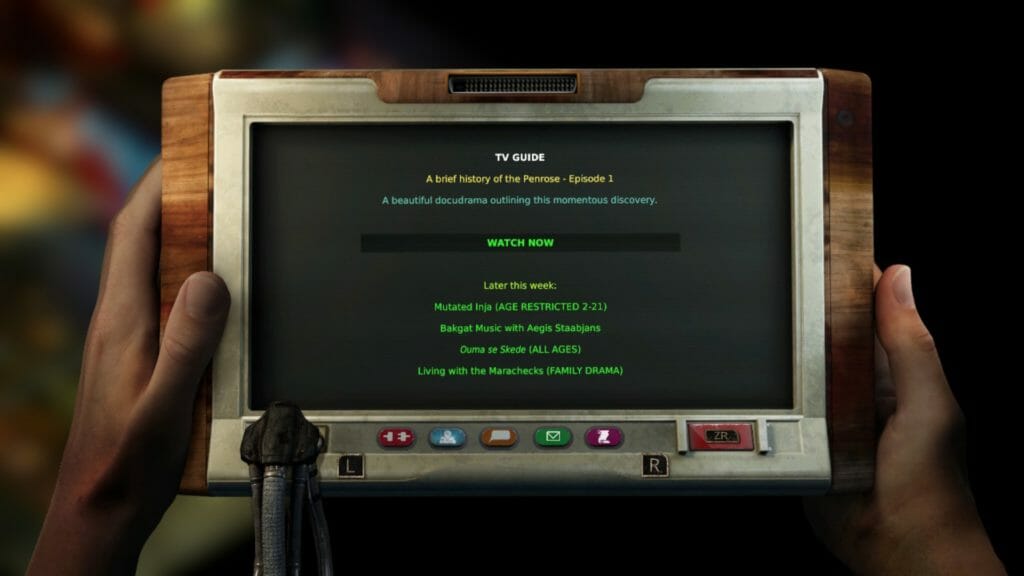
The game leans heavily into its narration, with the brunt of it told through the seemingly countless interactions with hundreds of non-playable characters – all of whom are voiced. Dialogue is presented via dialogue boxes, and will more often than not present players multiple options branching out into even options. This way, players learn more about the world around them, while simultaneously piecing together more information about the dilemma they are in, and what they might need to do to get back to their present. A criticism of the plentiful dialogue, however, is how nuance is often veiled in repetition. In this sense, certain elements of the dialogue can be unintentionally missed; thus possibly affecting the narrative. With that said, this nitpick is trivial when compared to the hundreds upon thousands of conversations players will have. The game is huge, and it is not afraid to remind players every single step of the way.
In addition to the superb narration, and taking into considering the title’s 2D isometric viewpoint, Beautiful Desolation leans heavily into its namesake. Rustic environments dot the map, strange new cults and factions roam the land (all of whom appear to draw heavy inspiration from real-life African tribes); and there is a clear imaginative thread of what South African society would look like, if it was woven with hundreds of years of alien, technological, and mutant evolution; with a hint of radioactivity and “Timey wimey wibbly wobbly” thrown in for good measure. The game is visually stunning, and beautifully captures the developer’s vision of what a desolate afro-future world would look like.
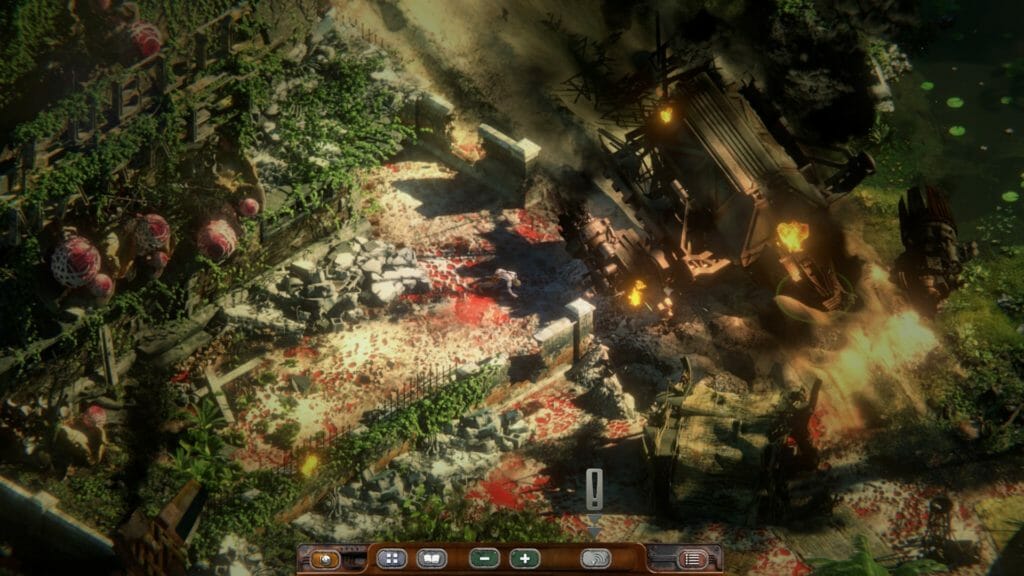
South Africa has eleven official languages, and they have all been used in the most exceptional way within Beautiful Desolation. Although retained to some extent, it is clear the country’s languages have evolved and mutated since the Penrose first arrived. While primarily English, the game features a healthy amount of Afrikaans, with fair bits of Xhosa, Venda, Tswana, Sotho and more, strewn in for good measure. It truly is a game that both embraces and respects the seeds of the developers homeland, while also drawing from the fruit those seeds bear as inspiration for its world-building.
The world in Beautiful Desolation feels lived in, with the afro-future visuals taking centre stage. When combined as a whole with the clever use of language and incredible artistic design that make up all explorable zones, players will often find themselves wandering. Complementing the isometric viewpoint is a point-and-click movement system that makes exploration easy and rewarding. The game encourages inventiveness and rewards trial and error through collectible items strewn across the world. Learning what can and cannot be combined in the inventory is an integral part of the process of exploring to solve puzzles, and also goes hand-in-hand with gambling Mark’s future choices with dialogue branches and learned knowledge – lore and back story can be found everywhere, from items to NPC dialogue, and more! The overall effect is engrossing.
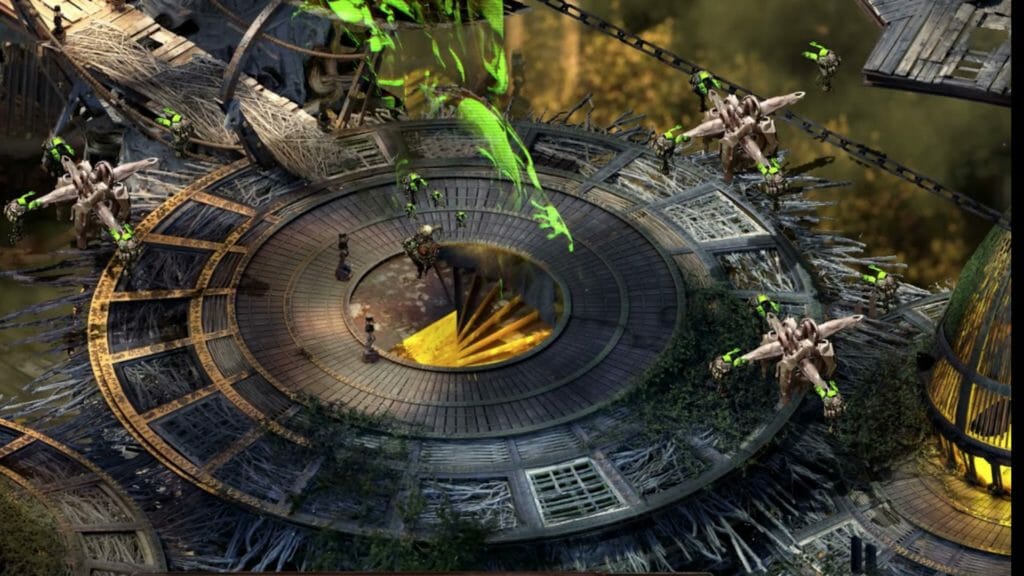
Further emboldening the engrossing nature of Beautiful Desolation is the game’s pace. It is slow, deliberately so, with the game requiring intense focus to be enjoyed. In this way, the game hearkens back to classic isometric titles like the original Fallout – whereby patience is key to salvation. Beautiful Desolation will keep players busy for a good ten to fifteen hours, which is great considering the incredible voice-over work from South African artists and the aforementioned afro-future visuals.
Two dimensional (2D) isometric titles have become incredibly common in recent years. Titles like Diablo, Gears Tactics, Bastion, Hades, and various Super Mario Role-playing Games, have proliferated the market and created certain expectations for the genre. Beautiful Desolation meets and exceeds what to expect from these kinds of games, and subsequently elevates the genre to new heights. It does so with a story imbued with alien technologies and time travelling elements, and further raises the bar for what should be expected from South African developed titles. The game is exceptional in many ways, and is a must play title.
Verdict:
Exceptional
| PROS | CONS |
| Incredible visuals and world building | Conversations can sometimes feel repetitive when they are not |
| Phenomenal narration | |
| Most incredible use of local inspiration |
Title reviewed on Nintendo Switch with code supplied by The Brotherhood Games.
Learn more about our review methodology here.
Junior Editor at Vamers. From Superman to Ironman; Bill Rizer to Sam Fisher and everything in-between, Edward loves it all. He is a Bachelor of Arts student and English Major specialising in Language and Literature. He is an avid writer and casual social networker with a flare for all things tech related.

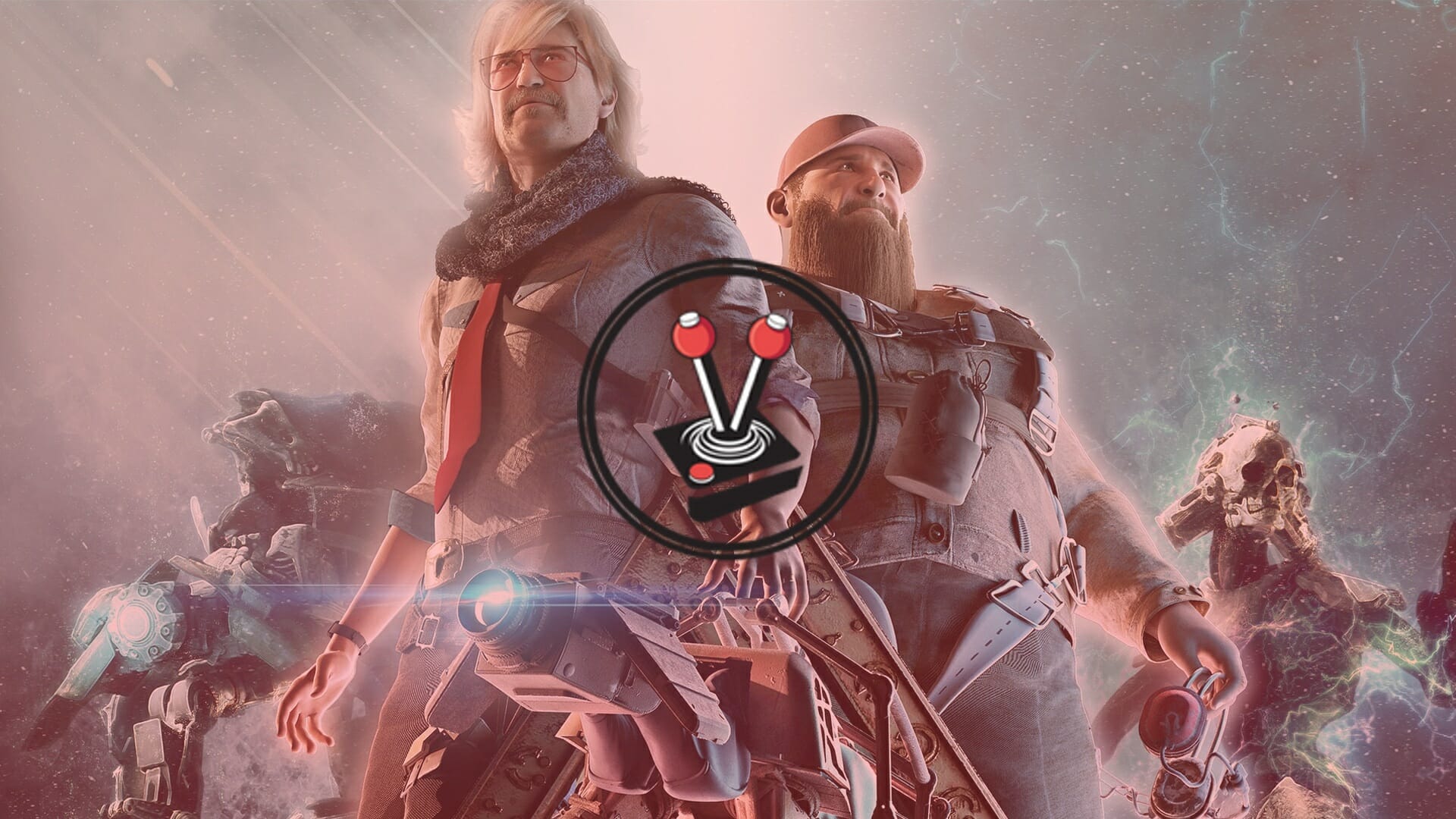

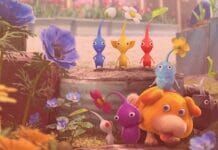
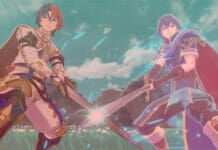


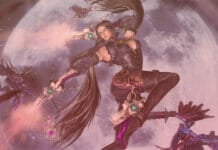
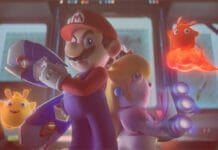



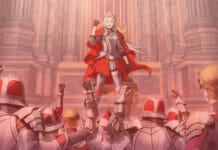

![Razer Kraken V3 Pro Review – Welcome to Boomtown [Redux]](https://vamers.com/wp-content/uploads/2022/07/Vamers-Technology-Razer-Kraken-V3-Pro-Review-Banner-218x150.jpg)



